The writings of Ray Bradbury encapsulated “the art of the possible” while never shying away from mankind’s penchant for self-destruction.
On ‘The Ray Bradbury Chronicles’, Transylvanian Hungarian musician Levente Toth has attempted to capture the American author’s surrealist and visionary spirit. Back in the days when Romania was under communist rule and led by the notorious dictator Nicolae Ceaușescu, Levente main escapism was electronic music. After the Iron Curtain fell, he settled in the UK and built a home studio, releasing his first album ‘Places’ in 2000.
Using synthesizers and technology as its tools of expression, ‘The Ray Bradbury Chronicles’ is quite classical in its approach with assigned sounds representing its characters. Featuring 10 compositions inspired by 10 Ray Bradbury works, ‘The Ray Bradbury Chronicles’ indulges in some deep musical storytelling in the vein of Vangelis in particular.
Levente describes Bradbury as “A master of writing, who often used sci-fi and fantasy settings to tell us something deeply human about ordinary people like us”. The ultimate Cold War angst opener, ‘There Will Come Soft Rains’ is understandably unsettling as it captures an automated house outliving its inhabitants following a nuclear holocaust until fire breaks out and the house itself dies with a last message from its failing computer vox humana.
‘The Lake’ is fittingly ghostly and mournful as the building of sandcastles leads to a drowning but ‘The Golden Kite, The Silver Wind (War / Realization)’ offers rousing hope in the face of war as peaceful collaboration benefits all. ‘The Messiah (Apparition / Exaltation / Sorrow)’ encapsulates freedom away from specific religions to focus on true values as ‘A Miracle Of Rare Device (Vision / Sceptic / Child)’ brings in gentle pulses and a sweeping optimistic grandeur to celebrate this parable about imagination and open mindedness.
‘Fahrenheit 451 (City / Escape / Exile)’ could only be represented by a dystopian soundscape as the books are burned in an eerie parallel to what is happening around the world today; so it is down those with a memory of previously documented knowledge, lessons and mistakes who need to stand up to fight the inept ignorance that abounds. With more supernatural exploration, ‘On The Orient, North (Romance / Death / Together)’ captures a gothic romanticism as sombre virtual cellos cross the paths of harps and pipes while on ‘The Scythe (Lives / Cuts / Madness)’, the atonal atmospheres of early TANGERINE DREAM creep in.
‘The Drummer Boy Of Shiloh’ has something of a folk quality as it captures the tension of upcoming battle before closing proceedings, ‘Kaleidoscope (Scattered / Last Emotions / Earth)’ soundtracks the spectre of imminent death as astronauts get ejected into space after their craft explodes and drift to face their fate with a fading heartbeat…
The relaxing ambience of ‘ASHRA’s New Age Of Earth’ or the excited cultural discovery of Vangelis’ ‘China’ this is not, but if you enjoy cerebral instrumental concept albums lingering in darkness, then ‘The Ray Bradbury Chronicles’ is worthy of investigation.
‘The Ray Bradbury Chronicles’ is available digitally from https://levente.bandcamp.com/album/the-ray-bradbury-chronicles
https://www.talesoffrozentime.com/
https://bsky.app/profile/leventezone.bsky.social
Text by Chi Ming Lai
3rd February 2025

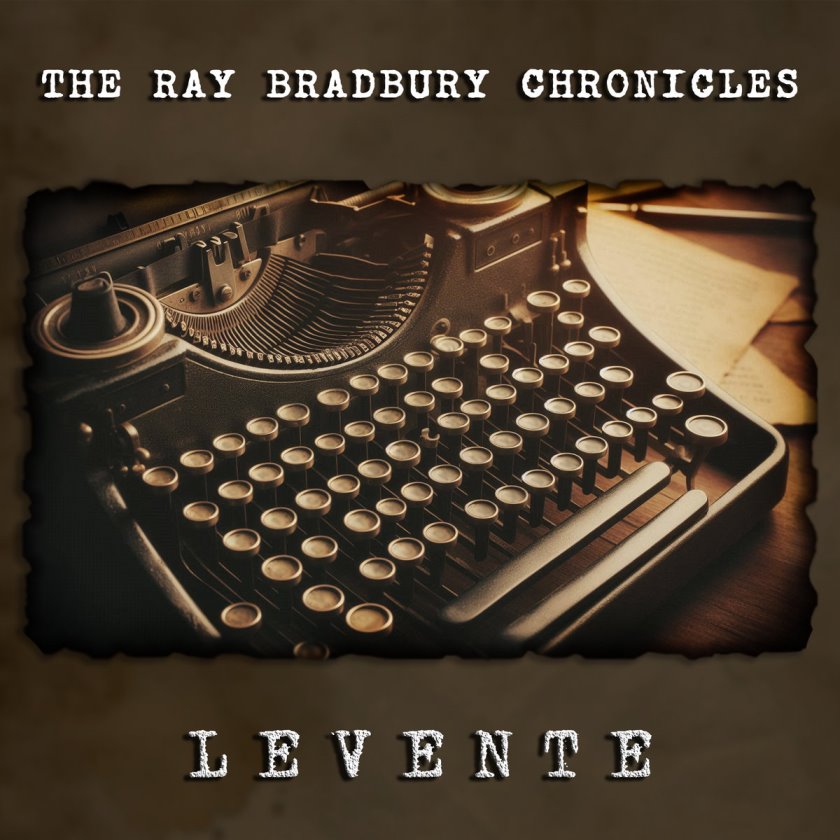
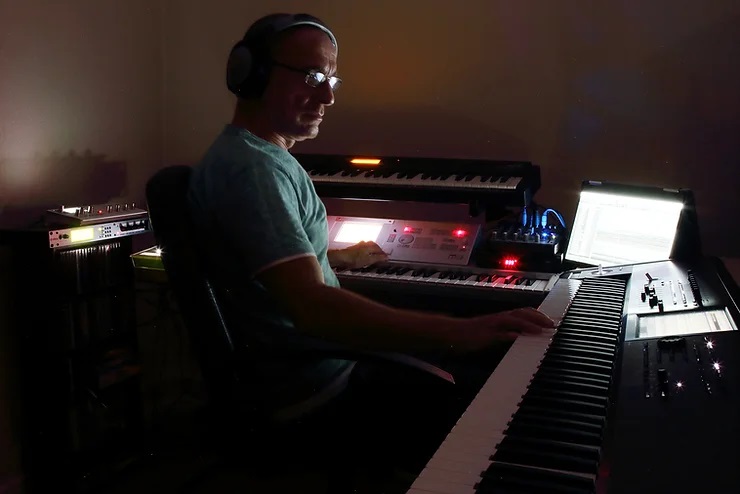
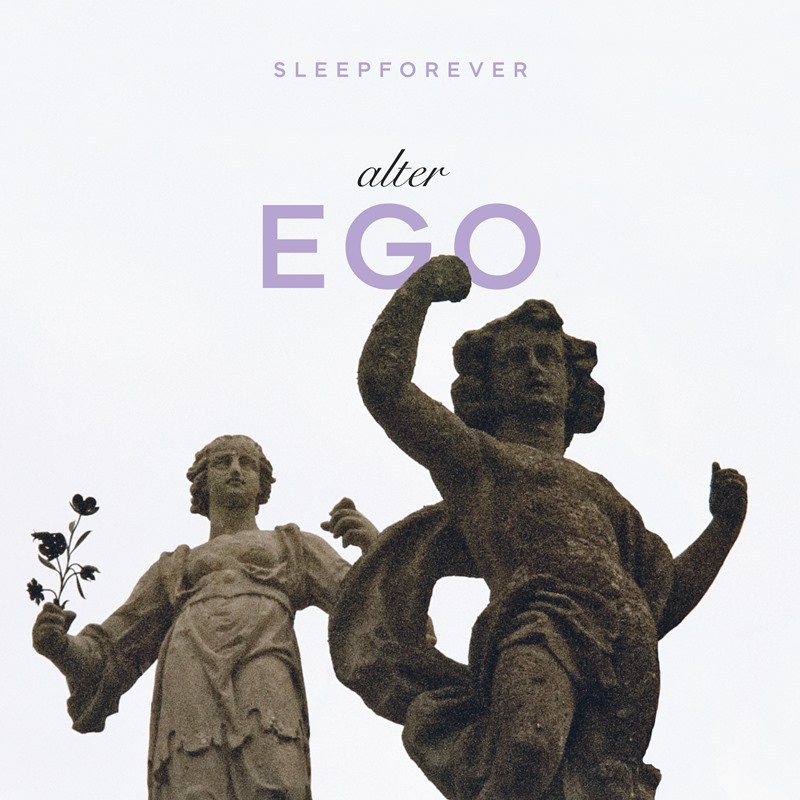
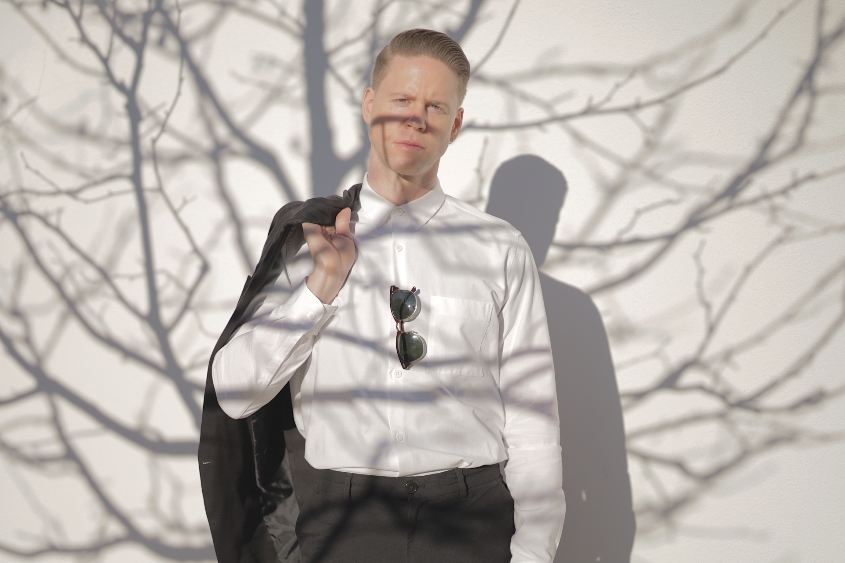
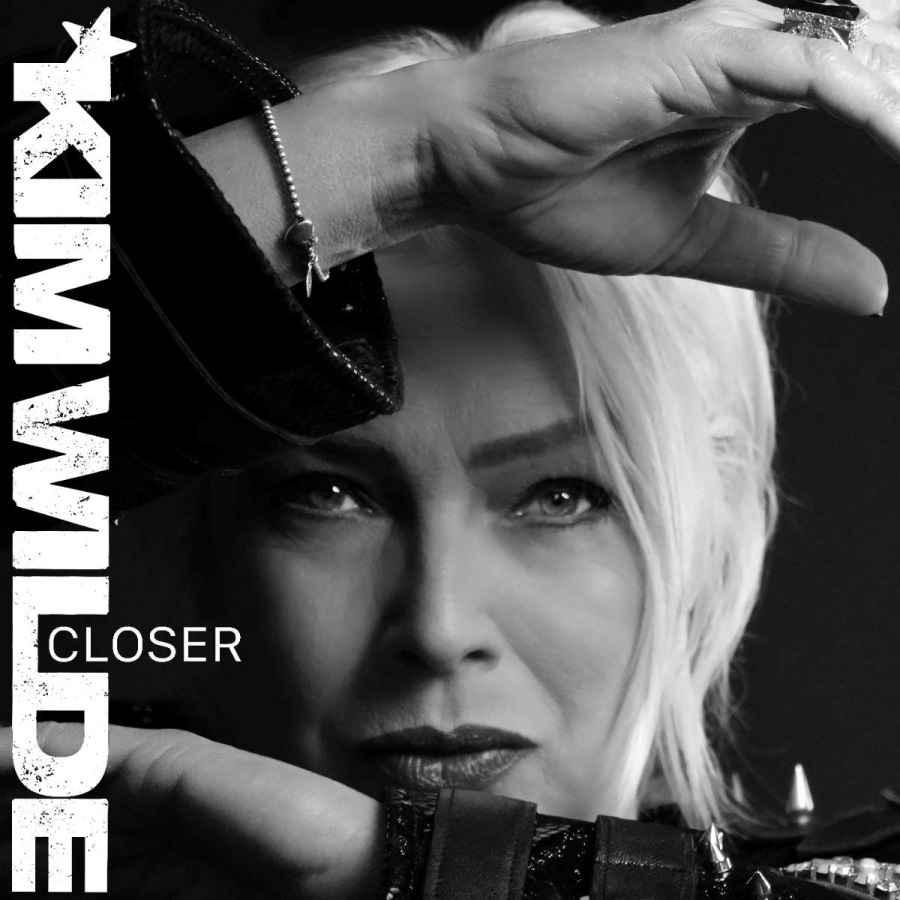

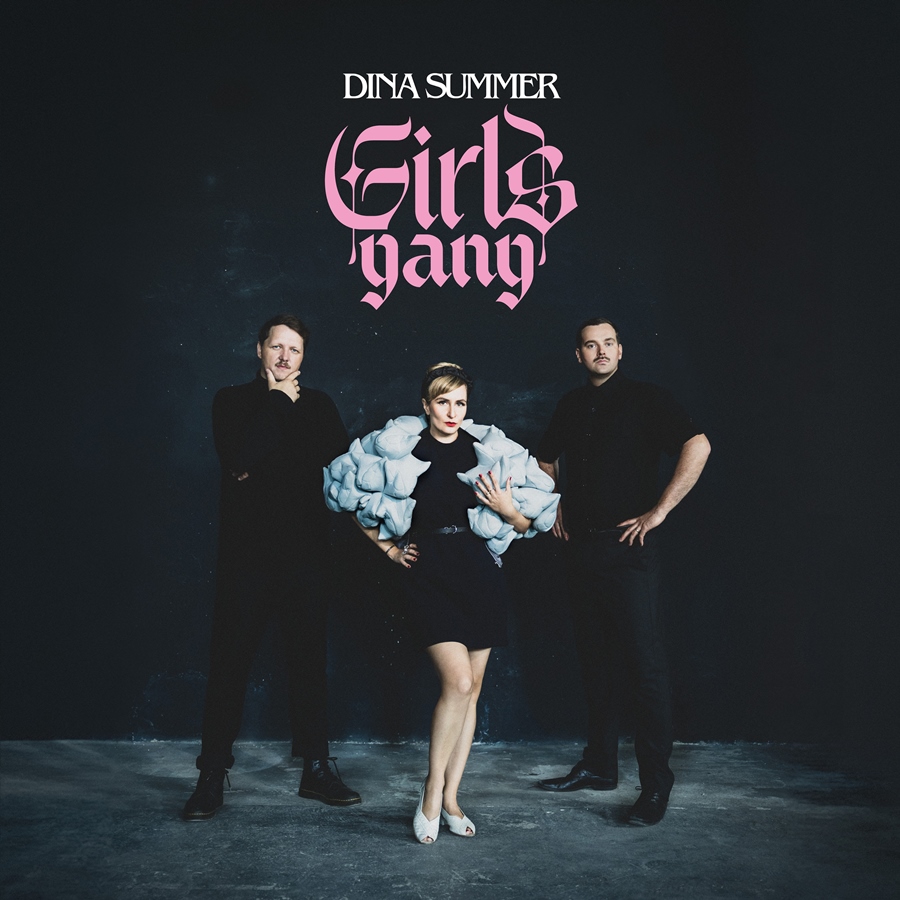
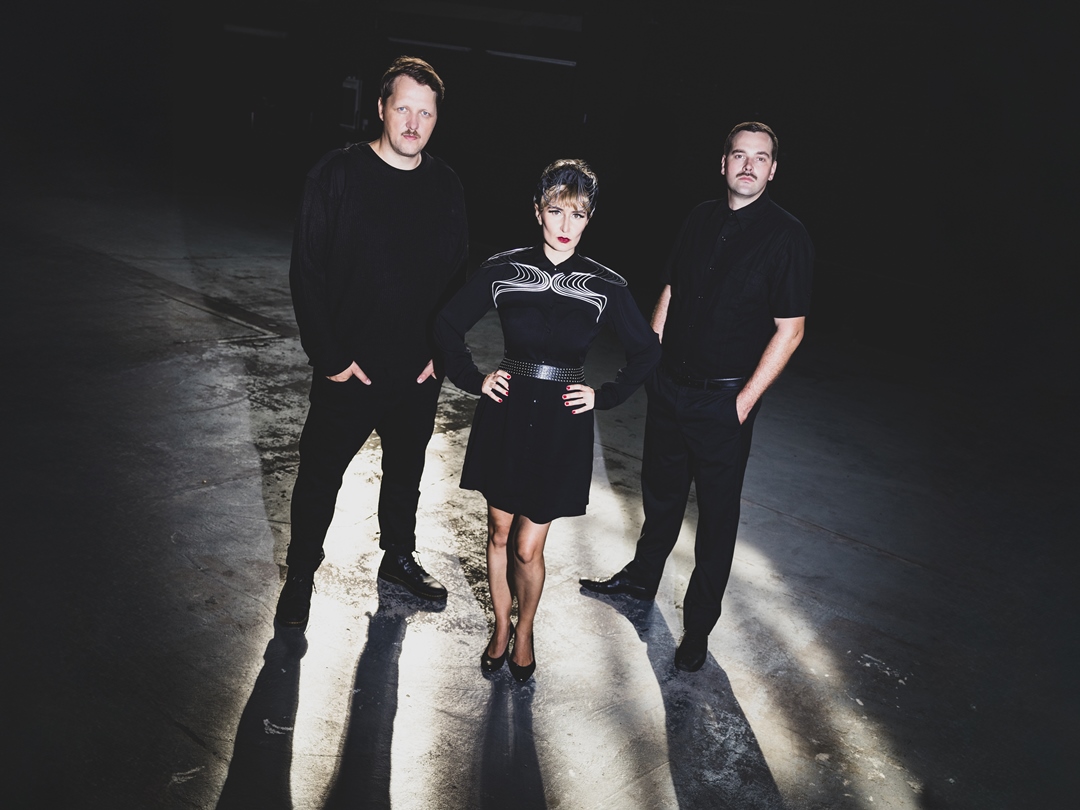
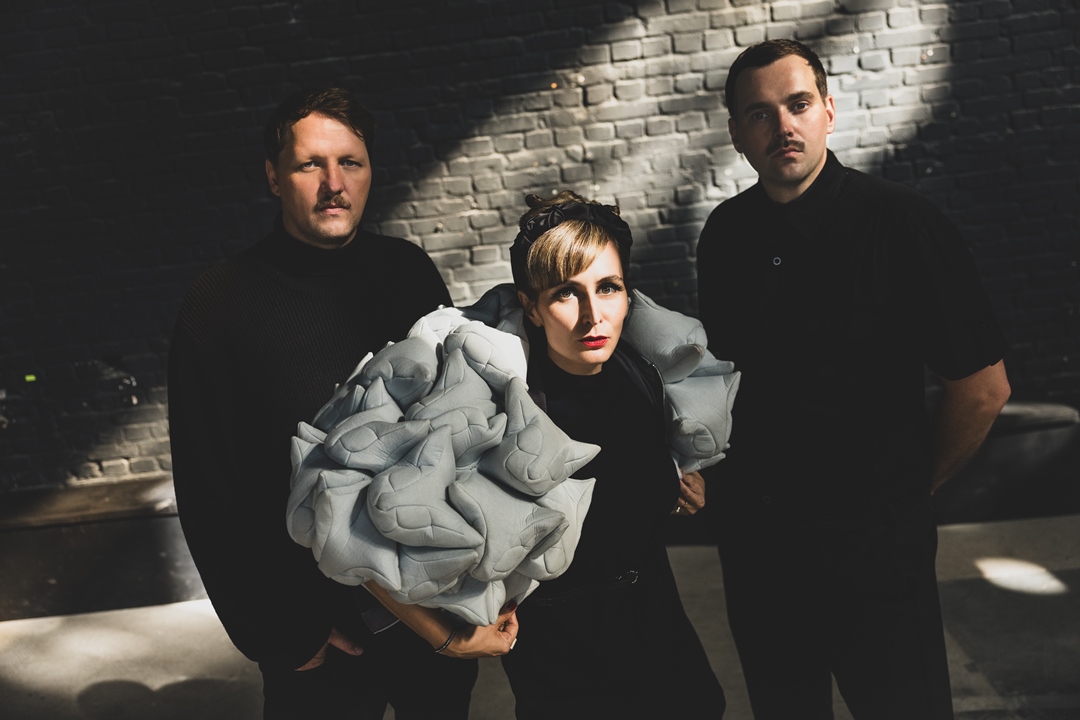
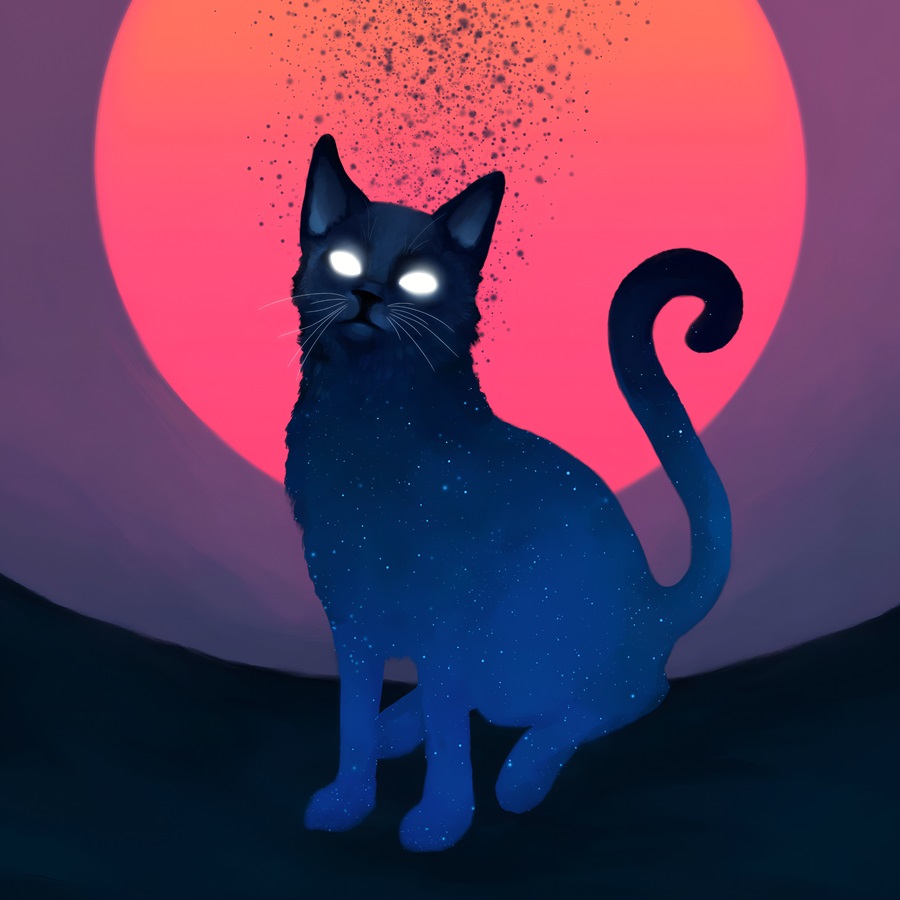

Follow Us!